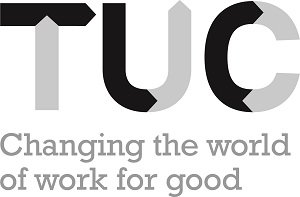All Government Bills are programmed (also known as timetabling).
After Second Reading, a programme motion is put to the House of Commons. A programme motion specifies the amount of time allocated to each of the following stages of the Bill in the Commons.
It normally gives the date on which the Bill should leave Standing Committee as well as the time allowed for the Report Stage and for Third Reading.
There is no debate on the motion; it is put immediately to a vote, using the Government’s majority to secure the timetabled passage of its legislation.
The programming of every Bill is a recent development. Historically ‘guillotining’ debates on Bills was used sparingly and only for key legislation.
In defence of programming, it is argued that the Government’s electoral mandate gives it a right to the progress of its legislation and that ample time for scrutiny is available.
Those who oppose routine timetabling counter that, whilst it has its place, the curtailment of debate makes for bad legislation and sidelines the role of the House of Commons.


